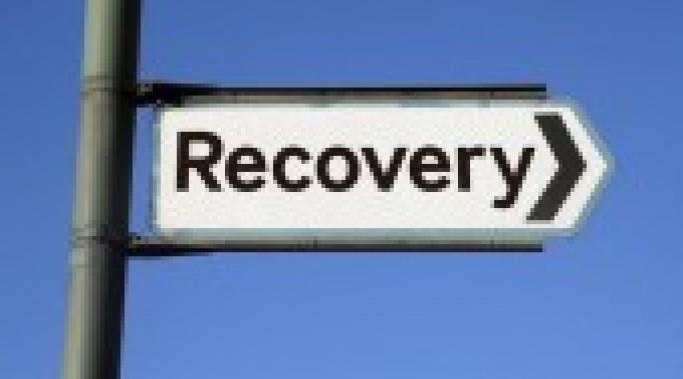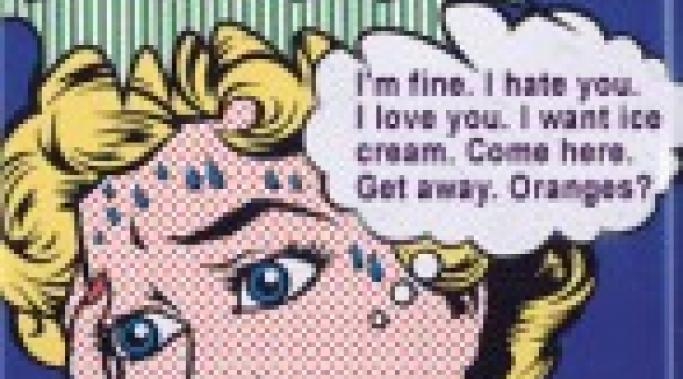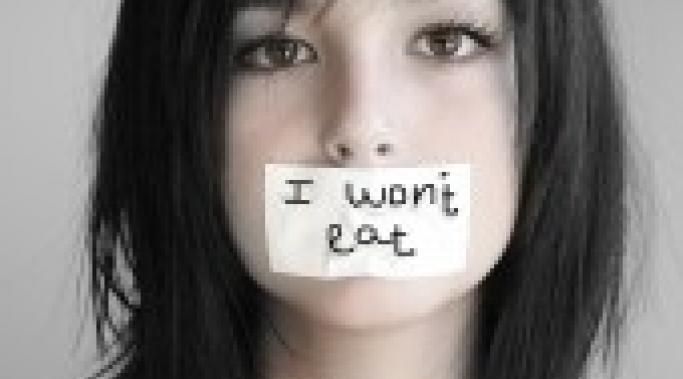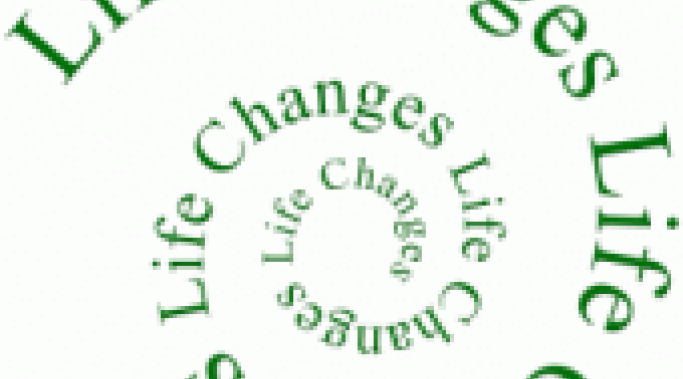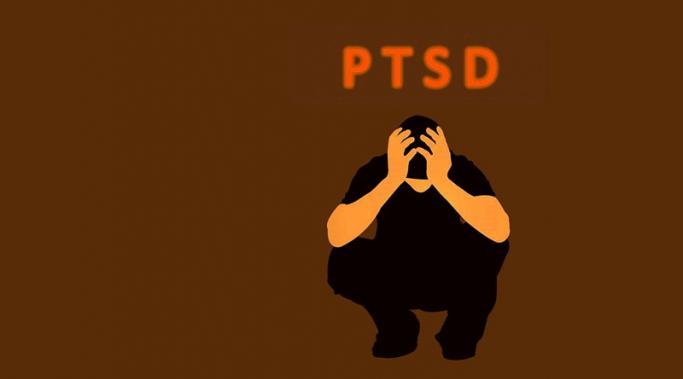Picture this: you are sitting in your psychiatrist's office and you are probably tapping your foot, and watching while he or she takes notes--- quick and swift notes that seem to determine your fate. I don't think it's ever a comfortable situational, but it is, above all else, an important relationship. Yes, those sometimes irritating conversations in which we explain our damn feelings, well, that's part of our recovery.
Lifestyle Changes
It's been a fantastic Fall so far in British Columbia, Canada, where I dwell. It's nice and sunny and has made me smile. And now it is pouring rain. And I like rain, the sound of it hitting my skylights, but I do not like the slow change in my mood that never seems to forget about me each year. And each year, I am somehow surprised that Seasonal Affective Disorder (SAD) has slowly inched its way into my life---again-- and each year, my mood seems to fall along with the leaves.
I sort of wanted to title this post, "Hormonal Changes Women Experience Throughout the Month Impact our Mental Illness"--AKA PMS. Now, I could not do this for a couple of reasons: That's a bit wordy and first and foremost I want men to read it too.
Okay. Take a minute and think about it. What comes to mind? Immediately, I think of when I was first diagnosed with bipolar disorder. And then I recall the years that followed: a feeling of loneliness that never seemed to leave me. A feeling I still struggle with. Even as I write these words and with the understanding that those who read them probably do understand. But it's not that easy--it never is.
When you are diagnosed with a mental illness one of the first things you are told is that you need mediation in order to become well. And this is true--particularly with the diagnosis of chronic mental illness-- but medication does not ensure stability. It would certainly be nice if it did.
Coming to the Conclusion That Psychiatric Medication Cannot 'Cure' Mental Illness
Last week, I wrote a blog focusing on the connection between mental illness and addiction. I defined "dual diagnosis," a term focusing on a person living with a mental illness and an alcohol or drug problem. In this post, let's talk about mental illness and disordered eating.
Limitations. Limitations. Limitations...? Yes, like any other chronic disease, physical or mental, when you live with a mental illness you have limitations. Limitations you can work to control.
Defining Limitations and Mental Illness
Living with a mental illness often involves certain things--particularly if you're not stable: More time in bed, closed blinds, not enough food in your fridge or too much "bad" food in your cupboard. Isolating yourself. Creating a negative environment. When you're recovering from mental illness, creating a positive environment can help you recover.
I like the topic of the post--although I do not like living with posttraumatic stress disorder (PTSD). It's something I have not written about in previous posts, so let's talk about it.
I was sitting on my patio about an hour ago. I live across the road from an elementary school. Children were doing what they do best: Screaming and throwing things. Ruining my first coffee.
